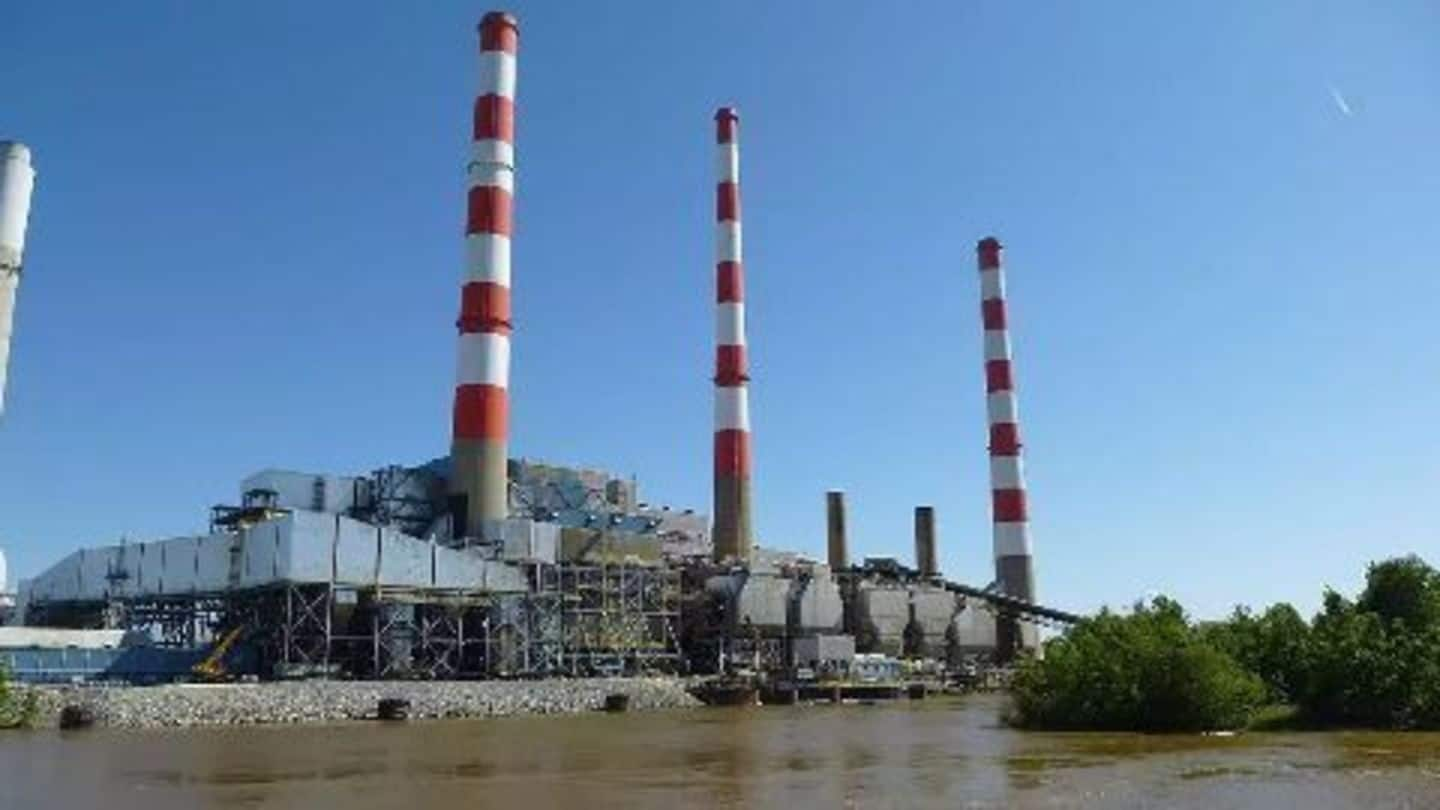
India may beat China to seal Bangladesh power project
What's the story
India's state-run Bharat Heavy Electricals Limited is likely to win a contract to build a $1.6 billion power plant in Bangladesh. This comes as a major relief to India as it is set to replace China to earn the bid. India has long suspected Chinese interference through its 'String of Pearls' strategy which involves strategic investments in ports and other projects in India's backyard.
String Pearls
What is String of Pearls?
"String of Pearls" is a term coined in 2005 by US consultancy firm Booz Allen Hamilton. According to it, China would expand its naval presence in the Indian Ocean Region by building civilian infrastructure. The string represents the area extending from Southern China to Africa and West Asia, from where China imports its energy resources, and pearls denote Chinese installations such as ports.
Information
Projects along the 'String of Pearls'
China has been developing various projects in India's neighbourhood including the Hambantota port in Sri Lanka, Gwadar port in Pakistan, Chittagong project in Bangladesh, a naval base in Djibouti, etc.
10 Sep 2015
Dhaka prefers Japan over China
Bangladesh may drop the $8 billion deep-water port project at Sonadia being negotiated with China and instead, opt for Japan's proposed seaport project at Matabari. Japan has offered cheap funding for the Matabari project complex which also has power plants and an LNG terminal. The decision comes as a setback to China which is expanding its footprint in the region through the 'String-of-Pearls' initiative.
Information
Bangladesh's power woes
According to the World Bank, Bangladesh faces a severe power shortage with 40% or 65 million out of a population of 160 million not having access to electricity.
3 Nov 2015
Bangladesh seeks $13 billion loan for power sector
To augment power generation, transmission and distribution facilities to address the power deficit in the nation, Bangladesh is seeking huge investments in its power sector. The $13 billion investment will add 24,000 MW capacity by 2021. Bangladesh is already negotiating cheap long-term loans from the Chinese Exim bank, China's external investment arm, for the implementation of such projects.
22 Feb 2016
Environmental constraints remain
The 1320MW thermal power plant in Bangladesh will be built by BHEL and funded at low rates by India's Exim Bank, which is a government-owned bank for India's external investment. This would be the largest power project by an Indian company abroad. However, the challenges still remain as environmental activists may oppose the project, owing to its impact on the Sunderbans mangrove forests.